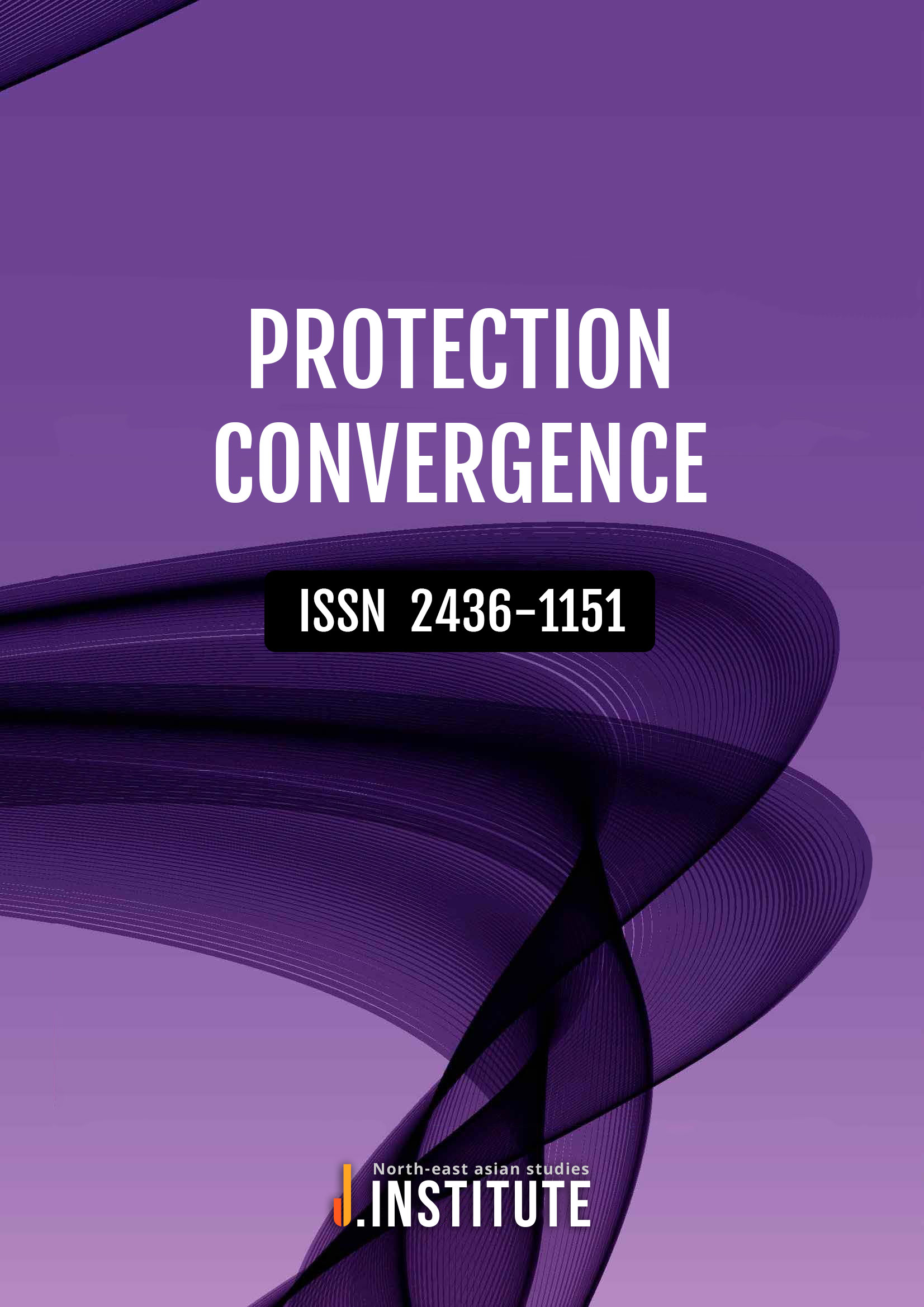Korea has seen a constant increase in highly sophisticated, intelligent, and advanced industrial spying crimes, such as leakage of state-of-art technologies, infringement upon intellectual properties, etc., as industrial tech-nology competitiveness is strengthening. State-led control is being pushed forward at policy level to prevent such industrial spying crimes. For that, legal grounds need to be clarified for authority, mechanism, and obligations of competent government ministries as the leader of industrial security protection at national level. Currently, laws have already been enacted to control industrial technology leakage, infringement of business secret and others in Korea.
This study was intended to examine trends of regulatory legislation related to industrial security, such as leak-age of industrial technologies and infringement upon business secrets, in Korea and to discuss implications asso-ciated with industrial security policies and system nationwide by identifying characteristics of regulatory legisla-tion on industrial security.
In Korea, regulatory laws pertaining to industrial security is legalized with separate laws such as ‘Act on Pre-vention of Leakage and Protection of Industrial Technology’, ‘Act on Prevention of Unfair Competition and Pro-tection of Business Secret’, ‘Act on Protection of Small Medium Company’s Technology, etc. Thus, applicable laws may vary, depending on cases. Moreover, laws need to be applied based on individual statutes under the status of special laws and interpretation needed to be made in consideration of complementary application of statutes as general laws.
Regulatory legislation on industrial security in Korea involves appointment of concerned management and supervision organizations, along with clarification of responsibilities of state and government for industrial secu-rity despite different entities covered by individual laws. Private corporate business secrets, as well as nation’s key technologies, are protected, controlled, and supported under the leadership of state.
Industrial security system in Korea emphasizes punishment for leakage and infringement which are compo-nents of specific crimes, with management and supervision from the standpoint of ex post facto response to leakage of technologies and infringement upon secrets based on government policies. However, it is more im-portant to create an environment conducive to prevention of such leakage and infringement in the realm of private sector, particularly for small and medium companies. That calls for specialization related to industrial security mechanism.
Therefore, it should be considered to develop professional manpower with concerned expertise and imple-mentation capabilities and to introduce national certification system necessary for increasing related public con-fidence.
2016.06.30
Keyword:Security, Risk Management, Industrial Security, Private Security, Regulatory Legislation









